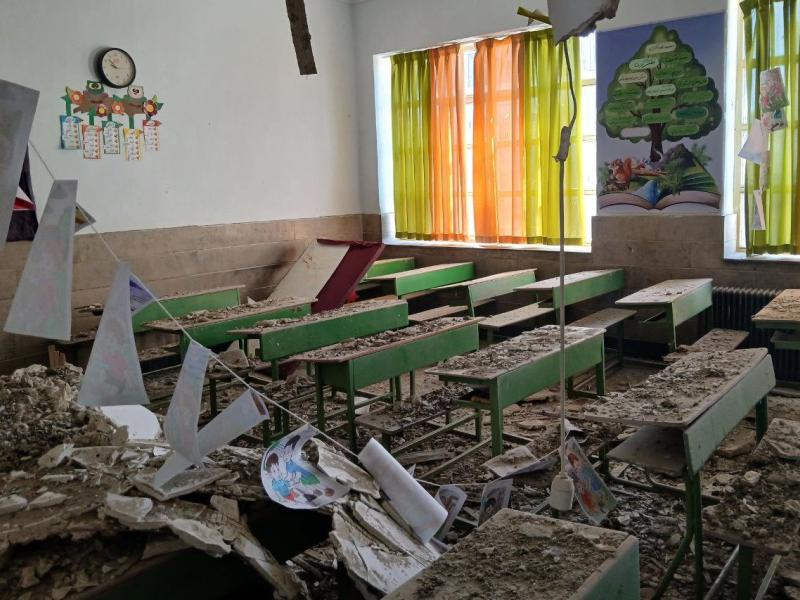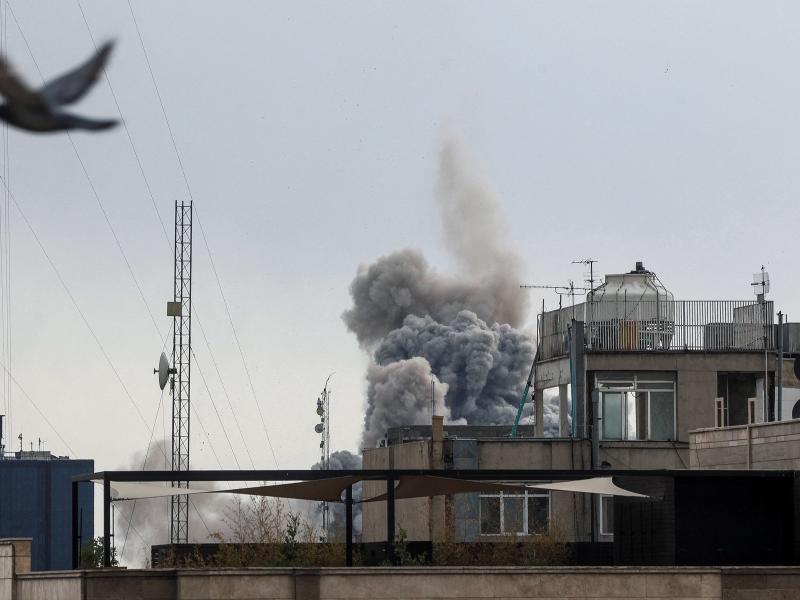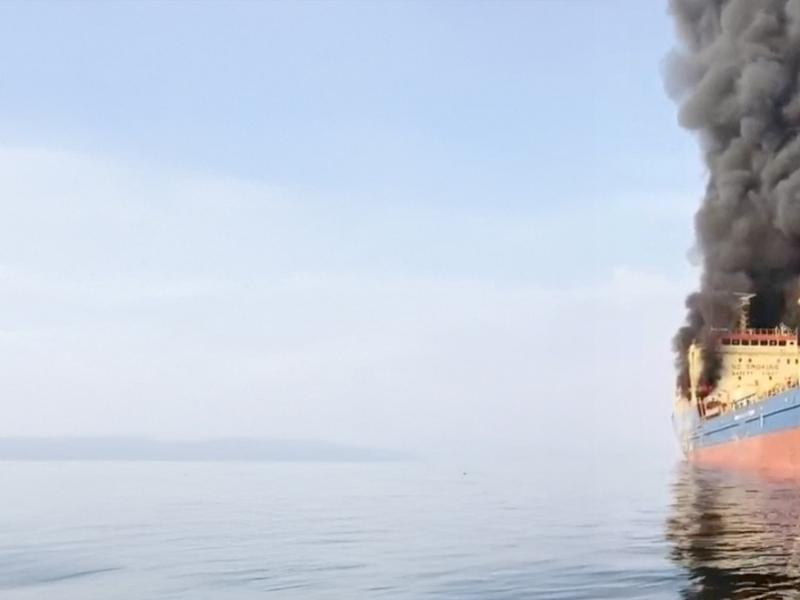160 representatives from 11 maritime unions in 10 countries will meet in Sydney, Australia today and tomorrow in a conference designed to set the union agenda on port automation.
The conference will probe the future of port automation and examine how trade unions should best be involved in it.
Participants who have experienced or are undergoing the introduction of automated machinery to container terminals will be able to explain and share their experiences with those facing this prospect in the future. The ITF believes that dockers, who have long experience of adapting to new developments and technologies, encompass a mix of manual and technological skills that make them an essential part of the automation debate.
For journalists in Australia there will be a chance to hear from the conference participants on the final day of the conference, tomorrow, April 30 at 13:00 AEST. Journalists outside Australia are invited to arrange a phone interview. To find out how see For more details below or www.itfglobal.org/press-area/index.cfm/pressdetail/8850.
Among just a few of the topics being covered in the presentations by speakers will be: union strategies in dealing with automation; consultation over automation; jobs and skills in automated terminals; maintenance of automated machinery; and hours, rosters and working conditions in automated terminals.
ITF president and dockers’ section chair Paddy Crumlin commented: “We are united in the view that automation will not be imposed, it will come through negotiation. We are building the widest possible alliance to ensure workers’ interests are represented, and employers would be well advised to understand that a global network is solidifying and strengthening its resolve to respond decisively to unilaterally imposed automation.”
He continued: “Dockers are skilled, professional workers with valuable insight and experience to share, who see automation as an opportunity for new skills and training. Their place is at the table where the suitability of new technologies is examined. There must be no automation without negotiation. Unions are committed to dialogue with employers which is open and fair. However, the others, the employers who try to use automation as a means to try and destroy unions, impose excessive job cuts and remove conditions of work should know that we will take action against them.”
He continued: “Dockers’ unions have a long and consistent history of supporting one another. Worldwide solidarity is the norm for ITF port unions. This will be the case for struggles involving automation. We are coming together this week in Sydney to share, discuss and learn from each others’ experiences. We are also coming together to pledge our solidarity to unions involved in automation disputes.”
Another of the speakers at the conference will be Ray Familathe, vice president mainland of the US International Longshore and Warehouse Union (ILWU), and ITF dockers’ section second vice chair, who commented: “Waterfront employers have often said that if they can’t beat us, then they'll try to shrink us down to a more manageable size. They’re hoping that their new 21st Century technologies on the docks will eliminate jobs and reduce union power. Our goal is to protect permanent employment for all registered dockworkers throughout the world, whether it’s in traditional cargo-handling terminals or fully automated container terminals.”
ENDS
For more details please contact:
Australia, at the conference, and if you wish to attend the briefing on April 30, or if you cannot attend but would like to talk to one of the interviewees by phone: Jonathan Tasini, MUA director, communications and campaigns. Tel: +61 (0)439 674 764. Email: jonathan.tasini@mua.org.au
Or
UK, Sam Dawson, ITF press and editorial manager in London on Tel: +22 (0)20 7940 9260. Email: dawson_sam@itf.org.uk
Conference sets port automation agenda
news
Press Release
ON THE GROUND
news
Global Union Federations Call for an immediate Cease Fire and an end to the Military Escalation in Iran and the Middle East
The undersigned Global Union Federations (GUFs) condemn the recent military attacks carried out by the United States and Israel against Iran, including air strikes that have resulted in civilian
news
ITF calls for ceasefire and protection of transport workers amid military escalation threatening regional peace
The International Transport Workers’ Federation (ITF) joins the International Trade Union Confederation (ITUC) in calling for an immediate ceasefire, full de-escalation by all parties and the urgent
news
Joint ITF–JNG statement: Designation of High Risk Area in the Strait of Hormuz
The International Transport Workers’ Federation (ITF) and the Joint Negotiating Group (JNG), as social partners of the International Bargaining Forum (IBF), have today designated the Strait of Hormuz



